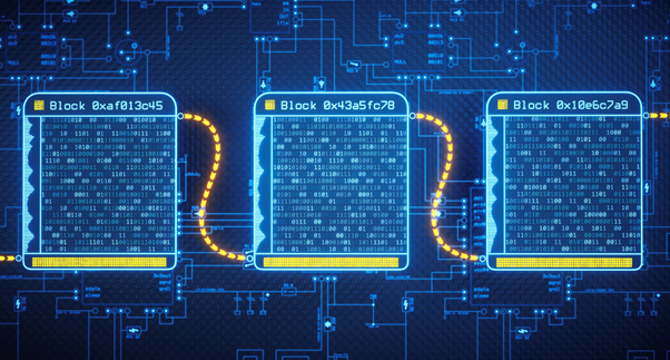TheCryptoBasic
1w
67

Image Credit: TheCryptoBasic
Blockchain Audits Are Complex, Costly, And Completely Necessary
- Blockchain audits are complex, time-consuming, and costly due to extreme scarcity of audit teams with required expertise.
- A smart contract audit can take up to a month, depending on the project's size and complexity.
- The duration of an audit is affected by whether it is manual or automated; manual audits being more efficient in reducing the risk of false reports.
- Smart contract auditors perform binary analysis to verify cryptographic algorithms and enhance the overall security infrastructure.
- Product security auditors require deep knowledge of programming languages. The task involves a strong understanding of large software project architecture.
- Penetration testing focuses on external API endpoints Web2 backend services offer via unexpected syntax to obtain privileged access.
- Skipping audits may involve vulnerabilities in smart contracts, consensus mechanisms, or cryptographic protocols and may lead to fines or legal action due to violation of KYC/AML laws.
- Auditors provide recommendations that improve performance, security, and compliance. Their services are indispensable to blockchain operations for many reasons.
Read Full Article
4 Likes
For uninterrupted reading, download the app